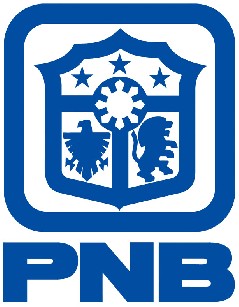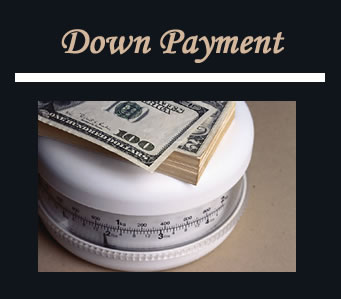
Refinancing your home loan is the process by which you pay off an existing home loan by transferring the loan to another lending institution. It allows you to change the conditions of your home loan to suit your needs and gives you better opportunities. Refinancing lets you take advantage of lower interest rates and gives you more financial flexibility.
To refinance your loan, take out a new loan and use part or all of the funds to pay off the existing home loan. The new lender is usually from a different institution, but some people can refinance with the same bank or lender, depending on the terms. If you choose to move to a new lender, the new lender will take care of paying off the old loan.
People refinance their loans for many reasons. Usually it’s because they’d like to avail of cheaper interest rates, pay off debts faster, raise money for a big purchase, and shorten the term of the loan. Remember that refinancing is not always the solution for all cases. Make sure that you must review all your options before choosing to refinance your home loan.


